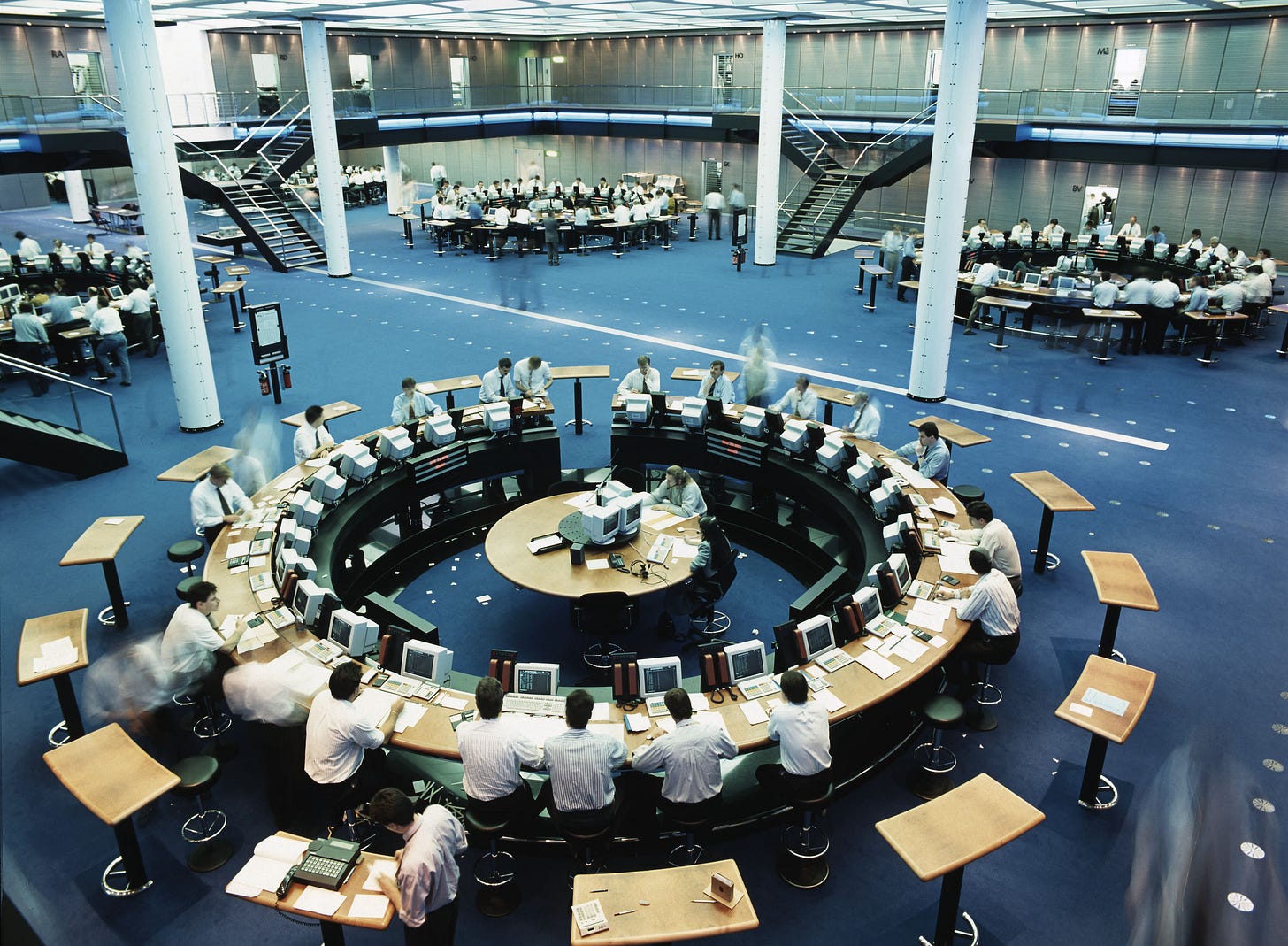The enormous leverage that Beijing holds over western military supply chains has been thrown into sharp relief today, thanks to a sobering new investigation by The Wall Street Journal.
Beijing’s ongoing restrictions on the flow of critical minerals to US defence manufacturers are forcing companies to delay production of everything from bullets to jet fighters, according to the WSJ.
In early April, as Donald Trump escalated his trade war with China, Beijing imposed sweeping export controls on seven rare earth elements – samarium, gadolinium, terbium, dysprosium, lutetium, scandium, and yttrium – used in everything from laser-guided weapons to cancer treatments.
The measures followed similar export bans issued by China in December 2024 on gallium, germanium, and antimony— metals used in semiconductors, projectiles and in infrared optics, to allow soldiers to see at night.
More recently, in June, as trade talks with Washington led to a series of concessions from Trump’s administration, Beijing softened its position and allowed many mineral exports to the US to resume.
But there appears to be a glaring exception to this loosening: China has maintained a lock on critical minerals for defence purposes.
As the WSJ reports today, China has started to ask companies to provide extensive documentation of how western buyers will use the rare earths and magnets they import – demanding, for instance, that they send product images or photos of production lines. The experience of US company ePropelled suggests that this may be an attempt to track if Chinese materials are being used for military purposes.
ePropelled supplies Chinese-made rare-earth magnets to civilian companies but is also a drones-part manufacturer to the US military and Ukrainian defence companies. (Rare-earth magnets are a key component in drones.) According to the New Hampshire-based supplier, its recent requests to China for imported magnets have been approved for many civilian purposes – but rejected or delayed for defence and aerospace.
As a result, it has been forced to delay some of its orders by up to two months as it scrambles to find a non-Chinese source of magnets.
Nor is ePropelled the only American company being heavily impacted by China’s export controls. On Wednesday, the chief executive of Leonardo DRS said the US-based defense firm is down to its “safety stock” of germanium, which powers the company’s infrared sensors, used in its missiles.
Scouring the world for alternative stockpiles of these vital minerals is no easy task. China supplies around 90% of the world’s rare earths and dominates the production of many other critical minerals.
As Gracelin Baskaran, director of the Critical Minerals Security Program points out, numerous countries are working to develop their light and heavy rare earths deposits: Australia, Brazil, South Africa, Saudi Arabia, Japan, and Vietnam all have initiatives and investments underway to bolster key rare earth mining, processing and magnet manufacturing.
And, in July, the Pentagon agreed to pay $400 million for a stake in MP Materials, the operator of the largest rare-earths mine in the Americas, which is rapidly scaling up its magnet manufacturing capacity.
But, for the time being, China maintains a monopoly on refined heavy rare earths.
According to a new report by the Govini data analytics firm, more than 78 percent of America’s military weapons rely on Chinese materials. The US Navy’s dependence is even greater, with over 91% of its systems reliant on minerals from China. US military items reliant on minerals mainly produced in China include drone motors, night-vision goggles, missile-targeting systems, defense satellites and more.
Chinese mineral restrictions also risk significantly driving up prices, and eating into defence budgets.
Speaking to the WSJ, some individuals in the defence industry warned that certain materials are now going for five or more times what was typical before China’s recent export controls. One (unnamed) company said it was recently offered samarium—an element needed to make magnets that can withstand the extreme temperatures of a jet-fighter engine—for 60 times the standard price.
All the while, Beijing is rapidly expanding its munitions production and acquiring advanced weapons systems at a pace five to six times faster than the US.
As Russia and China complete their second day of joint military drills in the Sea of Japan today, it goes without saying that western nations are left enormously vulnerable by building a military supply chain that runs straight through China.
Caitlin Allen
Deputy Editor
Anthony Peters
A week is an aeon in finance
Ian Stewart
Ian Stewart’s summer reading list
Ex-Israeli officials appeal to Trump for ceasefire – Amid reports that Prime Minister Benjamin Netanyahu is planning to further expand Israel’s military operations in Gaza, hundreds of former Israeli officials have appealed to President Trump to put pressure on Israel’s government to end the war in Gaza with immediate effect. “Hamas no longer poses a strategic threat to Israel… End the war, return the hostages, stop the suffering,” said the group of around 600 retired Israeli security officials, including former heads of intelligence agencies. The plea comes as the number of Palestinians in Gaza who have reportedly died from malnutrition since Israel’s offensive began rises to 180, including 93 children.
Forbes to stand down as MSP – Deputy First Minister of Scotland, Kate Forbes, has announced her intention to stand down as an MSP at the 2026 Holyrood election. Forbes – who has served in the role since 2024 and was first elected as an MSP in 2016 – cited her desire to spend more time with her young family but said she remains “wholly supportive” of First Minister John Swinney and looks forward to campaigning for the SNP at the next election. Forbes stood in the 2023 leadership contest after Nicola Sturgeon resigned but faced backlash for her socially conservative views.
India beat England by six runs at Oval – India have beat England by six runs to draw the Test series 2-2 at the Oval, concluding some of the most thrilling Test cricket in decades. Chris Woakes, whose left arm was in a sling, headed out to bat only for Mohammed Siraj to clean up Gus Atkinson before Woakes could face a ball.
-
James Cowling in CapX: The vibe shift that could save the Tories.
-
After Xi: Tyler Jost and Daniel C. Mattingly on the succession question obscuring China’s future – and unsettling its present, in Foreign Affairs.
-
Andrew Lloyd’s journey to the heart of the forgotten internet, in BBC Future
-
Not with a bang, but with a Truth Social post: the US President is rattling a nuclear saver as a distraction, says Tom Nichols in The Atlantic.
-
Can Syria rebuild its economy from the ashes of war, asks Faek Menla Ali in The Conversation.













